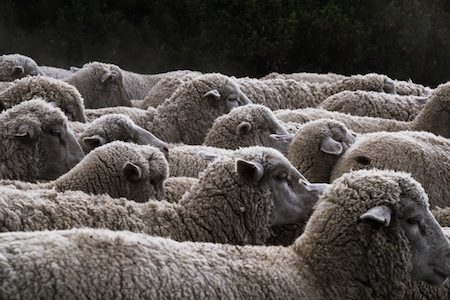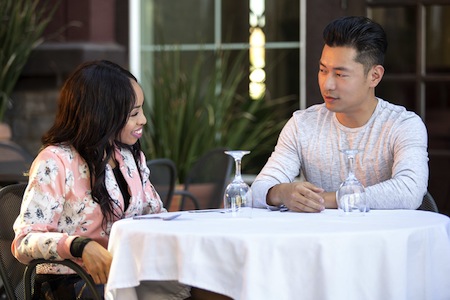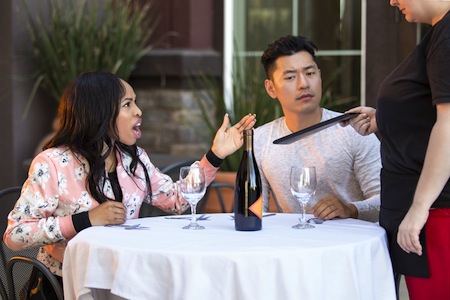
What is a collective noun?
A collective noun is simply a noun that describes a group of things, such as a herd of wildebeest. Collective nouns are different from the categories of nouns I have written about in the last few weeks, because they are more a subgroup of nouns rather than a way of classifying nouns. A noun is either a collective noun or it isn’t; there is no special name and there are no special qualities for nouns that aren’t collective nouns – they are just nouns.
Collective nouns do have a couple of interesting features. The fun part is that, particularly for describing groups of animals, English has some distinctive words and distinctive meanings for other words. We talk about a gaggle of geese or a herd of elephants, for example, or a nest of vipers, a ribbon of birds, a parliament of owls or a murder of crows.


A herd of elephants: herd is always a collective noun.
If you talk about a mob of sheep rather than a flock of sheep, you are using a distinctively Australian collective noun.
Collective nouns and the agreement problem
![]()
This is the tricky bit with collective nouns. While collective nouns can be either singular or plural in the same way as all other nouns (a mob or mobs of sheep; a herd or herds of elephants) singular collective nouns can sometimes be treated as if they were plural. How can you tell? Like so much in English, you can only make a decision based on the sentence in which the collective noun is used.
The rule is this: the default is that singular collective nouns are treated in the same way as any singular noun and have a singular verb. But if the group described is not behaving in a unified, collective manner – if the group is behaving more as isolated individuals – then you use a plural verb. Consider these examples:

- The couple is happy.
Couple is a collective noun for two people; when both people are happy or when they are unified in their happiness or other activity, we use a singular verb (is).

- The couple are arguing with each other.
Now the two people are behaving as individuals, not in a united manner (even though they may both be performing the same action). In this case, to show that the individuals are behaving individually, we use a plural verb (are).

- The couple is arguing with the waiter.
Now the two people are back behaving in a united manner. In this case, to show that the couple is behaving as united pair – that both of them together are arguing with the waiter – we go back to using the singular verb (is).
(Note the subtle change in meaning: if we say The couple are arguing, we mean that they are arguing with each other; if we say The couple is arguing, we meant that together they are arguing with a third person or other people.)
This problem of collective nouns and agreement occurs frequently with the nouns staff and government. The staff is/are doing something? The government is/are doing something? There is no one correct answer: you just have to decide on the context of the sentence. Like the case of the couple at the restaurant, whether you use a singular or plural verb depends on how they are doing what they are doing (as a team or united group, or as separate individuals). But it can look strange if you have to keep swapping between singular and plural verbs for the same noun. A solution in this case is to use a different term when you want to signal that the group is not behaving as a group:
- The government is proceeding with the policy even though some members of the government [or some parliamentarians] are not united in support for it instead of The government is proceeding with the policy even though the government are not united in support for it.
- The staff is coping well with the new IT system even though some members of staff have found a number of problems already instead of The staff is coping well with the new IT system even though some staff have found a number of problems already.
(And next time: a new part of speech – verbs.)

If you have found this post interesting, you can find a full index to my other posts on the index page. To be notified when I post a new topic, follow me on Facebook! If you have any particular questions you’d like me to answer in future posts, just send me a message. I’m always interested to learn what people think, and how you came across this site, so please post a comment.
If you think you would be interested in either my complete grammar course or an individual customised online course (particularly suited for people who don’t live in Melbourne), just click your preferred option.
2 comments on “Nouns: collective nouns and their agreement challenge”